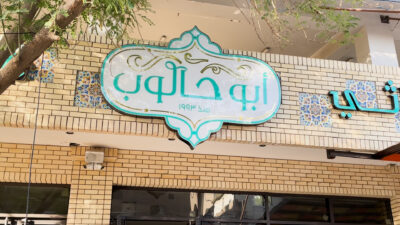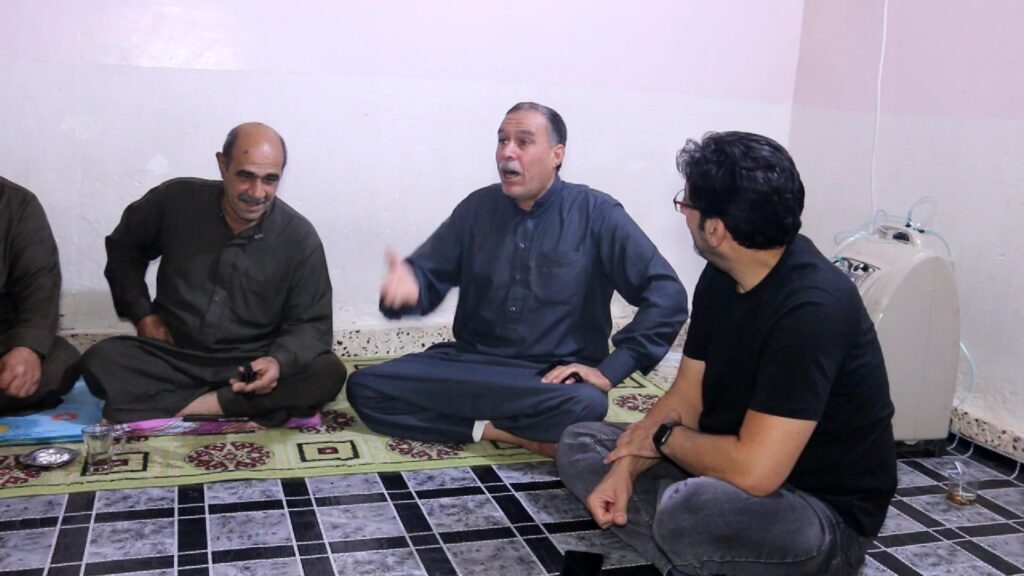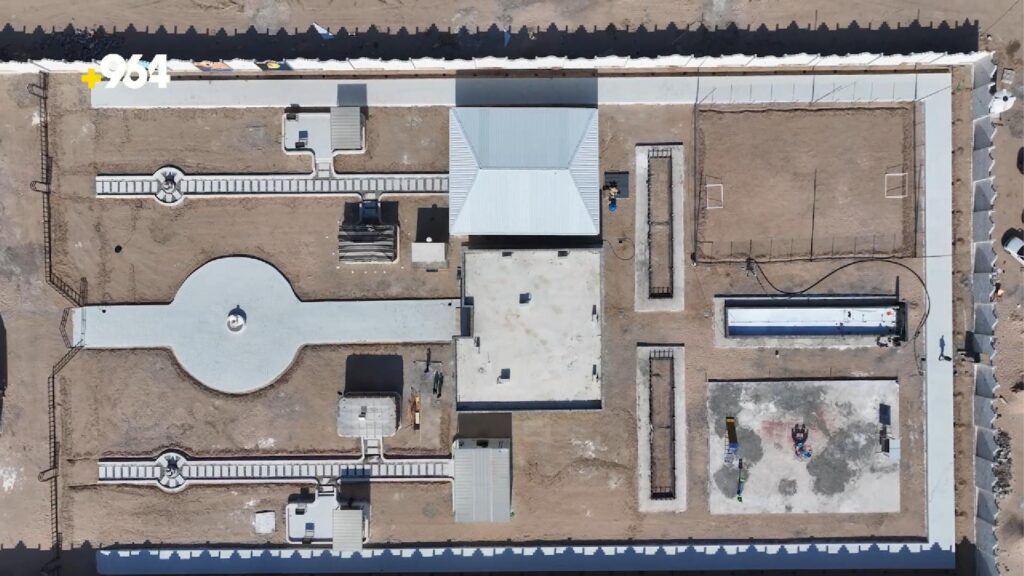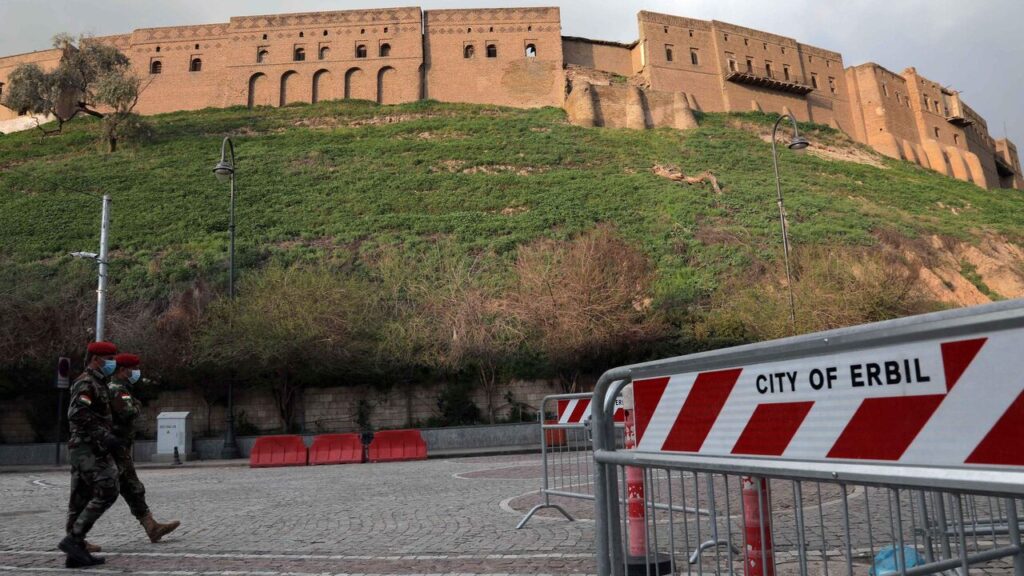Iraqi Gov’t Faces Criticism from Najaf Reference, Political Blocs

Abdul Mahdi who didn’t run for the past general elections gained the parliament’s confidence in Oct. 2018 to be a prime minister, after an accord among blocs and political parties.
While observers see that the sermon delivered by Najafi's representative Ahmad al-Safi on Friday represents a transitional point for the government, others see that the political blocs' rage over Abdul Mahdi falls under blackmail and pressure to get positions.
However, some parliamentary sources said tension is likely to spur between the Iraqi PM and the political blocs – they might even withdraw the confidence.
Safi’s sermon caused a debate among Iraqis, on the popular level and the level of political blocs. It was considered as a ‘last chance’ or a warning to the government.
Najafi's representative wondered where the country’s funds went, why the Iraqi people's sufferings continue, and why the corruption remains in the state institutions.
MP of Saeroun Alliance Amjad Hashem al-Oqabi told Asharq Al-Awsat newspaper that the prime minister violated the law twice, lately. Oqabi saw that his attitude indicates belittlement of the parliament.
Member of National Wisdom Movement Mohammed Husam Husseini said it is unlikely to withdraw confidence from Abdul Mahdi in the meantime since this would complicate the condition.
Speaking about the standpoint of Najaf reference, Husseini said that it is clear – the reference is discontent by the government's performance since years but it usually doesn’t interfere in political details.
Head of the Iraqi Center for Political Thought Ihsan al-Shammari described the sermon of Najaf reference representative as a transitional point in the political scene. The questions asked by Safi are an implicit invitation for popular accountability.







